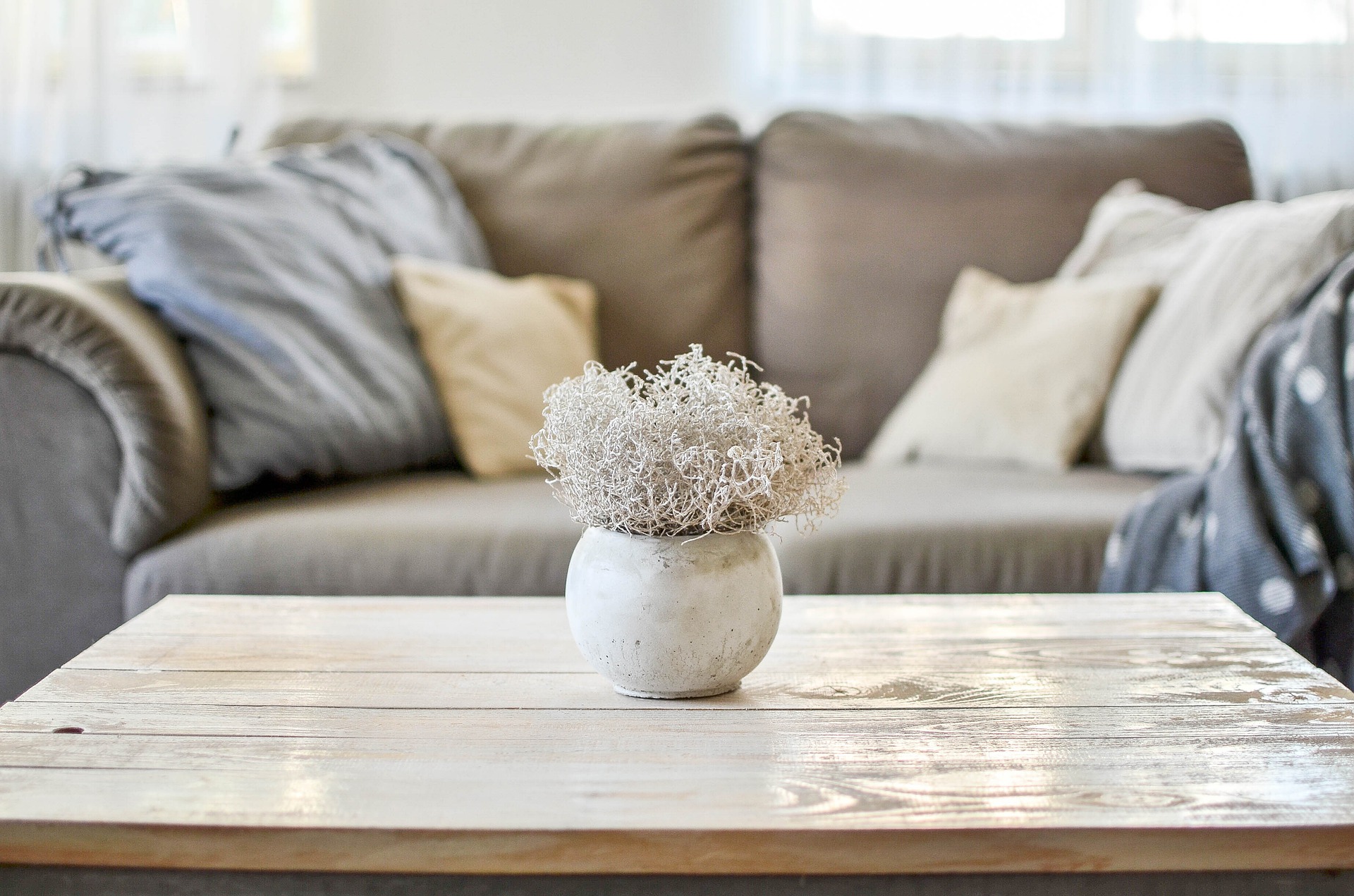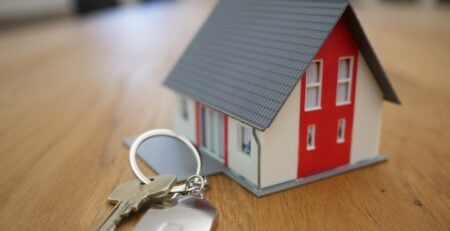Things That Can Devalue Your Home
Numerous factors can devalue your home, including its location, square footage, schools and colleges, number of rooms, and the number of bathrooms it has. While many of these characteristics cannot be modified easily, some are more controllable by the owner.
As a prudent homeowner, you ought to examine what you can do to increase the value of your house and what you may be doing to lower it. Renovations and repairs may pay off to various degrees. In other situations, you may only have to deal with some of the things you don’t like about your property, but it’s a guaranteed way to reduce your property value to let the house deteriorate. Whichever road you take, it is critical to understand how your actions influence the bottom line of your house and what may be done about it.
One of the most important things to consider when attempting to increase the value of your home is that individuals have a broad range of tastes . A house that can accommodate a wide range of lifestyles would be in more demand than one that is heavily personalised. That is, the more people that want to buy your property, the better.
Many similar properties are for sale
In a saturated market, it’s tough to sell a property at a reasonable price. The more similar homes on the market, the more difficult it is to show the unique value of your house, particularly if buyers are few and far between.

This situation is made worse if your home is in a neighbourhood where many homeowners have failed to pay off their mortgages or sell their property. A home’s value suffers if it is in an area that has had frequent foreclosures or short sales.
Conditions of the neighbourhood
Many factors in a neighbourhood might influence how much buyers are prepared to pay. Noise pollution might devalue your house, for example, if you reside near an airport or on railway routes. Light pollution from a neighbouring road or sports facility might also cause purchasers to become cautious. Power plants and waste disposal systems are also bad news. Both have been shown to have a detrimental impact on property prices.
Or perhaps a mobile phone tower has been erected close by since you initially moved in. Indeed, more people are becoming aware of the potential hazards of such technology on their health. Or perhaps the reputation of the area has taken a hit because of unsavoury businesses set up there. Furthermore, high crime statistics in our area will have a detrimental effect on house values, too. Your neighbourhood might not be the same little haven it was back when you moved in; when standards drop, so will the value of your home.
You may find a compromise with all kinds of unpleasant neighbours. You can’t do much in certain situations, but you may find more success in others. Make sure your complaints are documented and delivered with respect; antagonising them won’t help your objective. In some instances, you may be able to bring any issues to the attention of your local politician or even the police if required.
Local schools
Schools and colleges’ quality and reputation are very important to many and may significantly influence how much buyers are ready to pay for their house.
If your local schools are not thriving and successful, the price of your property might be lowered. Homebuyers often wish to move to top-class educational locations. People with children often know the quality of schools in the regions they are looking for.
Problematic neighbours
Petty neighbour disputes can later manifest into hurting you financially. Staying on friendly terms is good for your wellbeing and good for your house valuation.
A potential homebuyer must first drive by your neighbours, who might devalue your home in a variety of ways. For example, bickering about such things as where the boundaries of vital property lines lie might serve to divide neighbours and reduce their relationships to squabbling. These disagreements can spread to prospective owners. If you seem to have a disagreement with the neighbours, many buyers might pass on or try to negotiate a lower price.
Another problem that might arise is the colour taste of your neighbour. If you’re one of those unfortunate souls who are stuck with an ugly, coloured house in your neighbourhood, the ugliness isn’t just something to gripe about as you glance at it each day. It drives prospective purchasers away — as well as potential cash.
Buyers may also see an untidy yard or a noisy pet as negatives. Individuals who party nonstop or play loud music can also be a concern, as will strange smells drifting over the fence.
Sadly, you can’t do much when such things are a problem, other than perhaps doing some fence mending with your neighbours, so to speak. This is one reason why trying to stay on good terms with your neighbours is a good idea, irrespective of those annoying things you find about them.
The “yard appeal”
Drive up to someone’s house, and you are immediately met with a full view of the garden, if they have one. If you don’t take good care of the garden, it could make your house harder to sell. After all, “curb appeal” plays a big role in helping to sell your house.
An unsightly, decaying shed may also influence the price of your house, just like the funny little gnomes dotted around the garden. In fact, even things like ponds or waterfalls may devalue your house for buyers with small children.
ARE YOU READY TO START INVESTING?
Subscribe to our mailing list now for exclusive deals, investment guides and the latest information from the property market.







